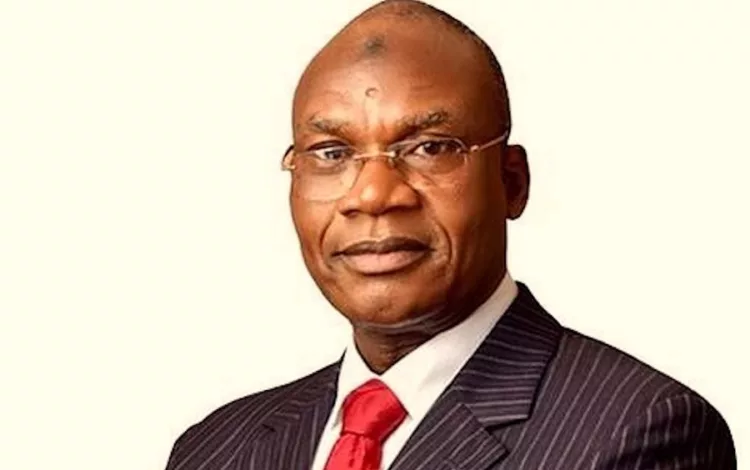Nigeria’s Minister of Education, Tahir Mamman, emphasized the importance of the country being a key voice in the efforts to enhance foundational literacy and numeracy outcomes for children in Sub-Saharan Africa. Speaking at a breakfast meeting during the 2024 Education World Forum in London, Mamman highlighted Nigeria’s commitment to improving education in the region. The event was organized by Human Capital Africa in collaboration with the Foreign, Commonwealth and Development Office and the Association for the Development of Education in Africa.
The forum brought together African education ministers, key education partners, and stakeholders who collectively reaffirmed their commitment to tackling the continent’s learning crisis. Mamman stressed the need to double down on successful programs in Nigeria, which are supported by development partners such as the United Nations Children’s Fund and the World Bank.
Despite the forum’s focus on secondary education, Mamman pointed to the World Bank-supported Adolescent Girls Initiative for Learning and Empowerment Project, which is expanding across 18 Nigerian states, as a model for co-creating unified programs. He suggested that similar initiatives should be implemented at the foundational level.
Mamman also acknowledged the role of New Globe Education in driving educational transformation across multiple Nigerian states. “By partnering with governments, New Globe has demonstrated that systemic reforms and targeted interventions can lead to immediate and significant improvements in student learning outcomes,” he stated. He cited the EKOEXCEL program in Lagos State, where the number of non-readers in Primary Two to Four was halved in over 1,000 public schools within three years, as a prime example.
Additionally, Mamman highlighted the efforts of The Education Partnership Centre (TEP) with its LEARNigeria Remedial Programme (LRP), designed to address foundational literacy and numeracy issues. LRP focuses on starting instruction at children’s current level and using assessment data to tailor instruction. Early results show significant improvements in children’s literacy and numeracy skills after 24 days of remediation. TEP is now concentrating on teacher professional development to better meet learners’ needs.
The event underscored the importance of evidence-based approaches to guide policy, measurement, and accountability among African leaders and development partners. There was a passionate call to scale up successful foundational learning initiatives, such as structured pedagogy and Teaching-at-the-Right-Level, to ensure cost-effective and impactful implementation.
The gravity of the learning crisis facing the continent was a major theme at the forum. Data revealed that nine out of ten African students lack basic literacy and numeracy skills, which impedes their academic progress, workforce readiness, and economic growth. Ministers and partners committed to leveraging the African Union Year of Education through the July 2024 AU Mid-Year Coordination Meetings in Accra, Ghana, and the FLEX ADEA High-Level Policy Dialogue in November in Kigali, Rwanda, to further advocate for foundational learning reform and the scaling of successful interventions.

